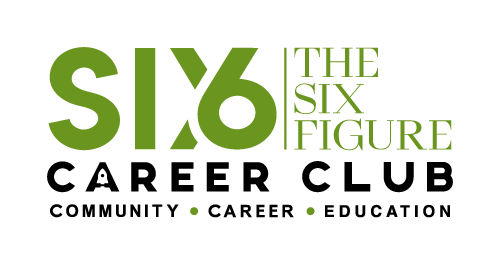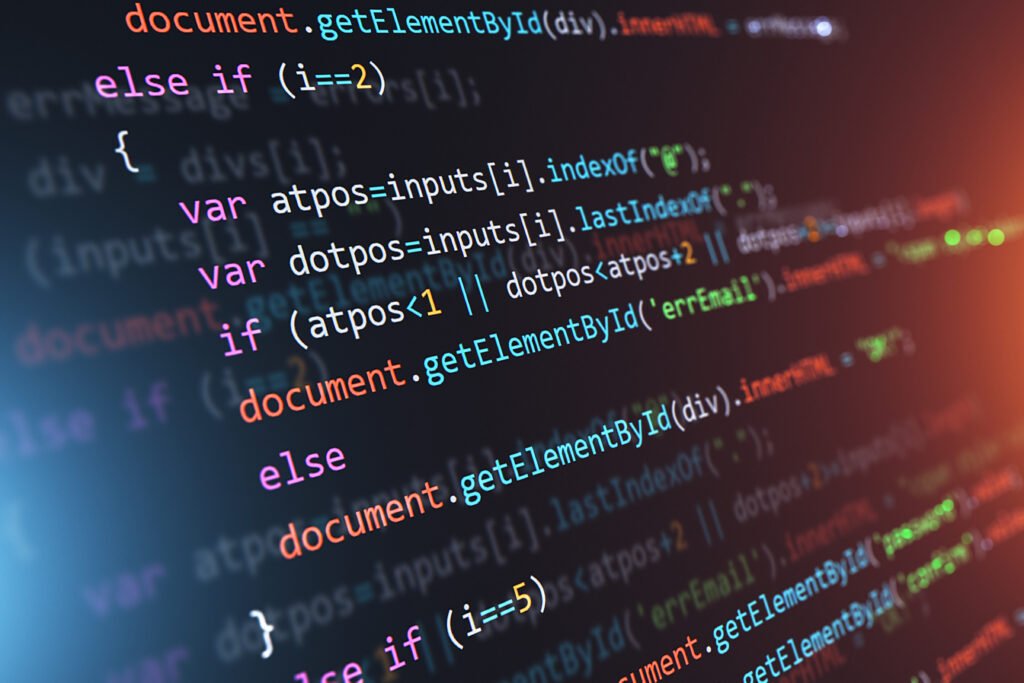Coding is like giving instructions to a robot, more like explaining a task to a robot. Just like a robot follows specific commands to perform a task, coding involves writing precise instructions that computers can understand and execute.
Learning to code opens up a world of opportunities. It enhances your problem-solving skills and boosts your creativity. From creating websites to developing apps, coding empowers you to bring your ideas to life and opens doors to lucrative job prospects in various industries.
Many people are intimidated by the perceived complexity of coding. However, it’s essential to debunk this myth. Coding is a skill that anyone can learn with dedication and practice. With the right resources and a positive mindset, you can overcome any initial challenges and embark on a rewarding coding journey.
What is Coding?
When it comes to coding languages, think of them as the diverse vocabulary and grammar systems that computers understand. Just like human languages vary in structure and purpose, coding languages serve different functions in programming. To simplify this concept further, imagine coding languages as various human languages, each with its own rules and syntax.
To illustrate this comparison, let’s delve into a basic example. In Python, a popular programming language, a simple code snippet to display ‘Hello, World!’ would look like:
print('Hello, World!')
Here, the code instructs the computer to output the text ‘Hello, World!’ on the screen. This snippet showcases how coding languages enable us to communicate instructions to computers in a structured manner.
Why Are There So Many Coding Languages?
Coding languages are akin to tools in a craftsman’s workshop, each serving a distinct function. As you wouldn’t use a screwdriver to hammer a nail, coding languages are tailored for different tasks. Some languages excel in web development, while others are optimized for data analysis or app creation.
For instance, Python is renowned for its versatility in data science and machine learning, making it a top choice for analysts and AI enthusiasts. On the other hand, Swift is crafted explicitly for iOS app development, leveraging its user-friendly syntax and safety features.
Analogies to Explain the Diversity of Coding Languages
To grasp the diversity of coding languages, consider them various cuisines in the culinary world. Just as Italian cuisine differs from Japanese sushi, each coding language has unique flavors and specialties.
JavaScript, like the staple ingredient in many dishes, is essential for web development. It enables interactive and dynamic website functionalities. Similarly, Java is the foundational base, much like rice in a sushi roll, supporting enterprise applications and Android development.
Understanding the purpose behind each coding language allows you to choose the right ‘recipe’ for your coding projects, ensuring optimal results and efficiency.
How Do I Choose Which Language to Learn?
The sheer number of options can be overwhelming when it comes to diving into the world of coding languages. But fear not, as we’re here to guide you through selecting the correct language for your journey into the realm of programming.
First and foremost, it’s crucial to consider your own interests and goals. Are you passionate about web development, intrigued by data science, or perhaps dreaming of creating your mobile apps? Understanding what excites you in the vast coding landscape will help narrow the many choices.
Why not try creating a simple quiz or flowchart to aid in your decision-making process? By answering a few targeted questions, you can uncover which languages best align with your aspirations and preferences. This interactive approach can make the selection process more engaging and tailored to your unique path.
Furthermore, it’s essential to recognize the interconnectedness of coding languages. While each language has its own syntax and specialties, learning one can often facilitate the comprehension of others. Think of it as mastering a foundation that allows you to adapt and expand your skills across different coding landscapes.
By understanding your interests, utilizing decision-making tools like quizzes or flowcharts, and appreciating the interconnected nature of coding languages, you’ll be well-equipped to embark on your coding journey with confidence and purpose.
What Are the Top 6 Coding Languages to Learn?
When delving into the world of coding, it’s essential to understand the top programming languages that can open doors to many opportunities. This section will explore the key features, applications, and resources for six prominent coding languages: Python, JavaScript, Java, C#, Swift, and Go.
Python
Python is renowned for its simplicity and readability, making it an ideal choice for beginners. This versatile language finds applications in various domains, such as data science, web development, and machine learning. Popular Python libraries like NumPy and Pandas enhance their capabilities, while frameworks like Django and Flask streamline web development projects. To kickstart your Python journey, resources like Codecademy and Real Python offer comprehensive tutorials and exercises.
JavaScript
JavaScript is a cornerstone of web development, powering dynamic and interactive content on websites. From front-end frameworks like React and Angular to back-end frameworks like Node.js, JavaScript’s versatility knows no bounds. Understanding how JavaScript interacts with HTML and CSS is crucial for aspiring web developers. Dive into resources like MDN Web Docs and JavaScript.info to master this fundamental language.
Java
Java’s robustness and platform independence make it a popular choice for enterprise applications and Android development. Its reputation for stability and security attracts developers worldwide. Explore the vast Java ecosystem and engage with the thriving community to stay updated on the latest trends and practices.
C#
C# is synonymous with Windows application development and game programming. Its integration with the .NET framework simplifies software development processes. Aspiring game developers can leverage the Unity game engine, which is widely used for creating immersive gaming experiences with C#.
Swift
Swift is Apple’s preferred language for iOS app development, known for its safety features and ease of use. Developers entering the mobile app development realm will find Swift a valuable asset. Explore Apple’s developer resources and Swift Playgrounds to hone your skills in building innovative iOS applications.
Go (Golang)
Go, also known as Golang, shines in building scalable and efficient systems, particularly in cloud computing and DevOps environments. Its simplicity and performance optimization make it a favorite among developers. With Google’s backing and a growing community, learning Go opens doors to cutting-edge technological advancements.
How Do I Start Learning to Code?
If you’re wondering how to get started with coding, you’re not alone! There are countless resources available, but it can be overwhelming to know where to begin. To help you out, here are three effective ways to start learning how to code:
Finding Suitable Learning Resources
Having the right resources is crucial when learning coding languages. Start by exploring online tutorials, coding boot camps, books, or university courses that cater to beginners. Platforms like Codecademy, Udemy, and Coursera offer courses that suit various learning styles and preferences. Choose a resource that aligns with your learning goals and pace.
Practice and Project Building
Consistent practice is the key to mastering coding languages. Treat coding as a skill that improves with practice rather than as a theoretical memorization concept. Set aside dedicated time daily to work on coding exercises, challenges, or personal projects. The more you code, the more comfortable and proficient you will become. Additionally, building projects allows you to apply your knowledge in real-world scenarios, reinforcing your understanding and creativity.
Join Coding Communities
Joining coding communities can significantly enhance your learning experience. Platforms like GitHub, Stack Overflow, and Reddit offer spaces where you can connect with fellow learners, ask questions, seek advice, and collaborate on projects. Engaging with a community provides support and motivation and exposes you to diverse perspectives and approaches to coding. Don’t hesitate to participate in coding challenges, hackathons, or online forums to expand your network and skills.

